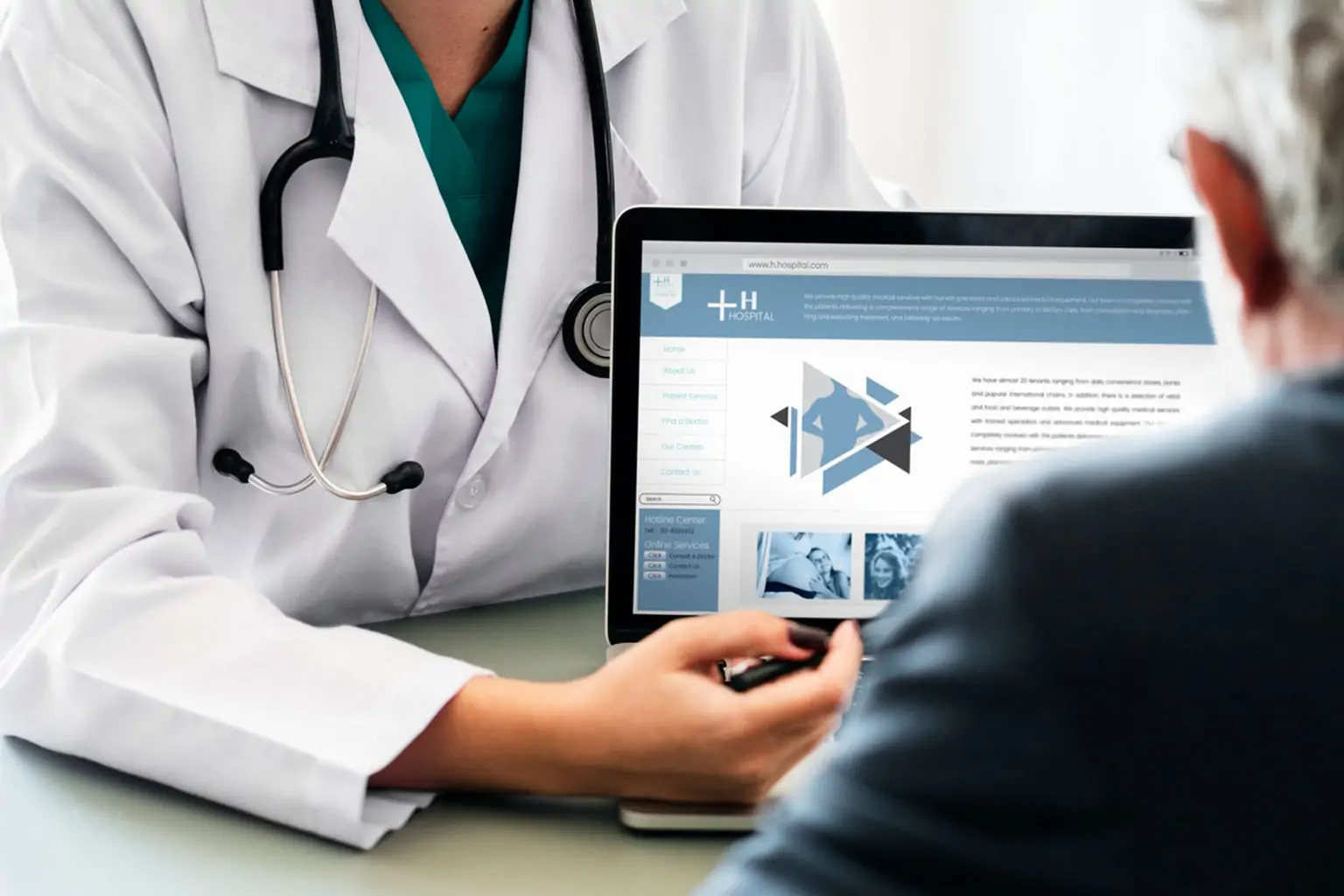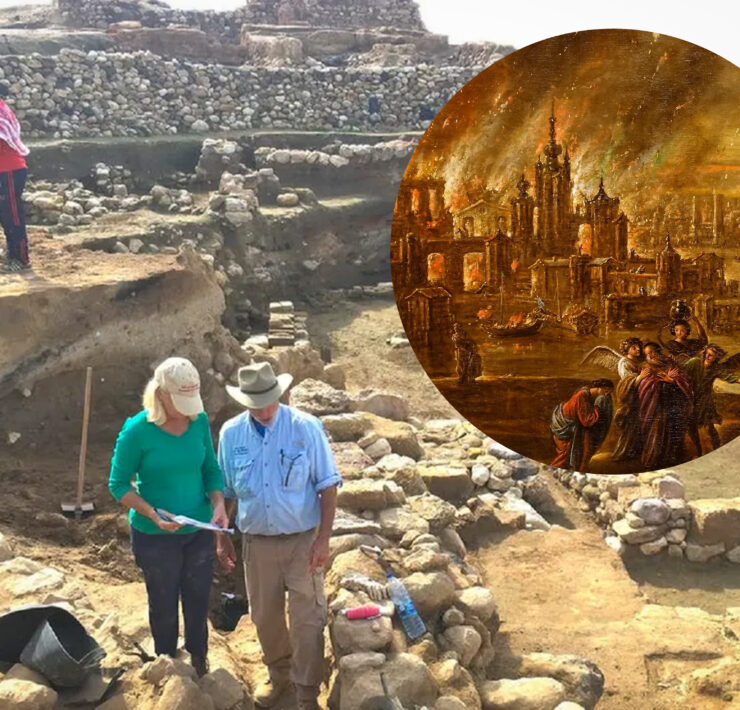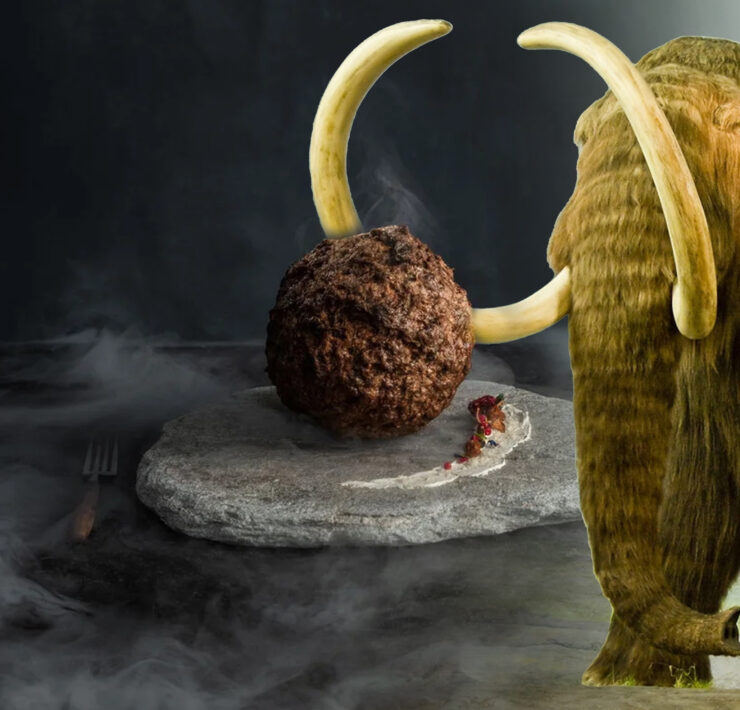
Scientists have successfully cultivated the early stages of a human embryo-like entity without using traditional fertilization methods.
No, this isn’t the plot of a sci-fi movie; it’s real life. This shocking achievement opens new avenues for a deeper understanding of the first two weeks of human development.
The “embryo model,” as it is being referred to, is created without sperm, an egg or even a womb, yet it can trigger a positive pregnancy test. Its primary purpose, for now, is to ethically monitor early human development, with strict limitations on progression beyond weeks.
The first 14 days following fertilization by sperm are a crucial period marked by profound changes within the nascent embryo. During this time, a variety of developmental disorders and birth defects can originate, yet the underlying causes remain shrouded in mystery. Additionally, this initial stage is a significant contributor to miscarriages.
Speaking to the BBC, co-author Professor Jacob Hanna, from the Weizmann Institute of Science, said: “It’s a black box and that’s not a cliche – our knowledge is very limited,” said Jacob Hanna, a professor from the Weizmann Institute of Science who co-authored the study.
This breakthrough is part of a global endeavor to improve our understanding of this critical period. Earlier this year, a joint effort by the University of Cambridge and the California Institute of Technology resulted in the creation of synthetic embryos using only stem cells. However, the latest achievement is being hailed as the first “complete” embryo model, accurately mimicking key cells and structures throughout the first two weeks of development.
The researchers adhered to the widely accepted legal cut-off for embryo research — 14 days. However, the creation and use of synthetic embryos may prompt a reconsideration of this rule, as it holds the potential to provide invaluable insights into early human development. Scientists also believe this research could lead to a further understanding of inherited diseases and show how organs can develop.






















